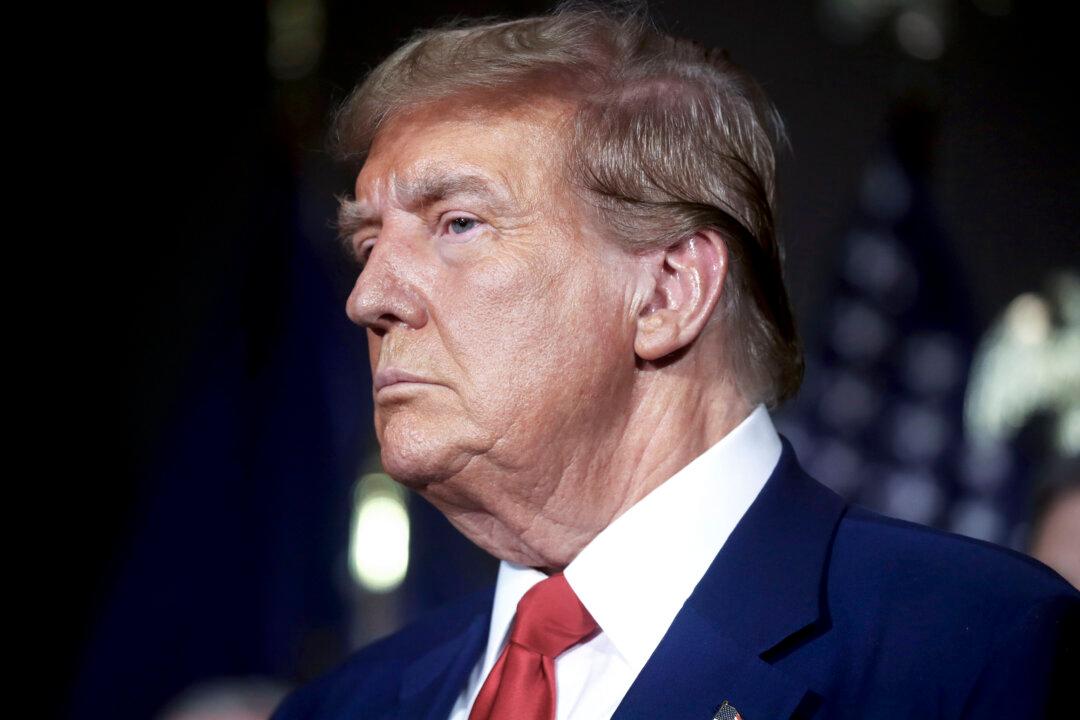U.S. District Judge Aileen Cannon has denied former President Donald Trump’s motion to dismiss an indictment alleging he mishandled classified documents, based on the Presidential Records Act.
“Bound by the four corners of the Superseding Indictment,” the charges in the indictment “make no reference to the Presidential Records Act, nor do they rely on that statute for purposes of stating an offense,” the judge wrote in an April 4 order.





